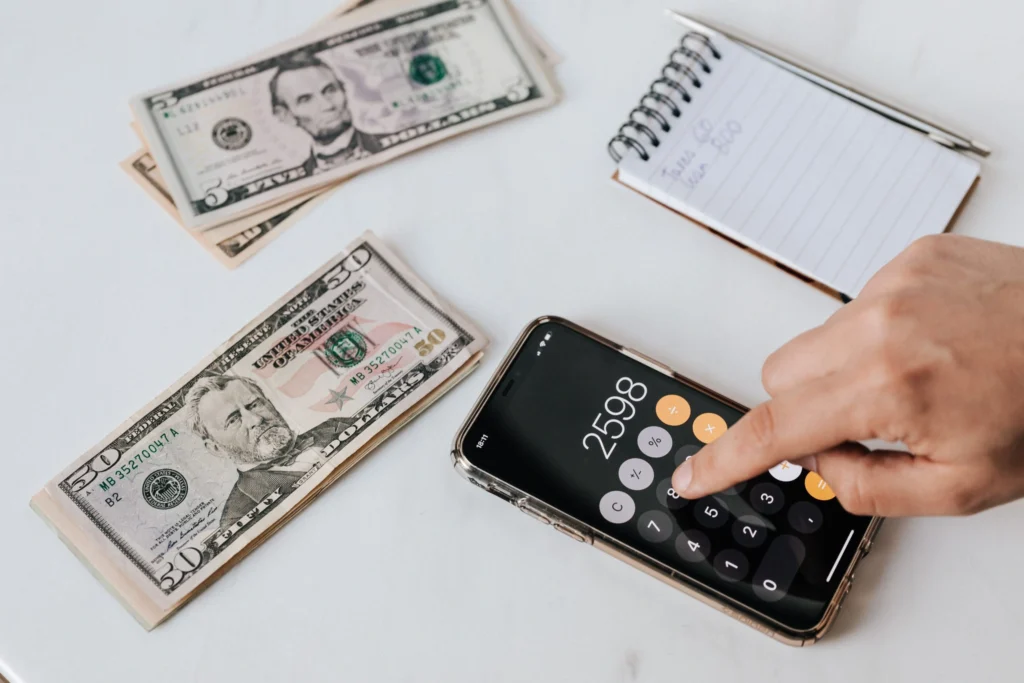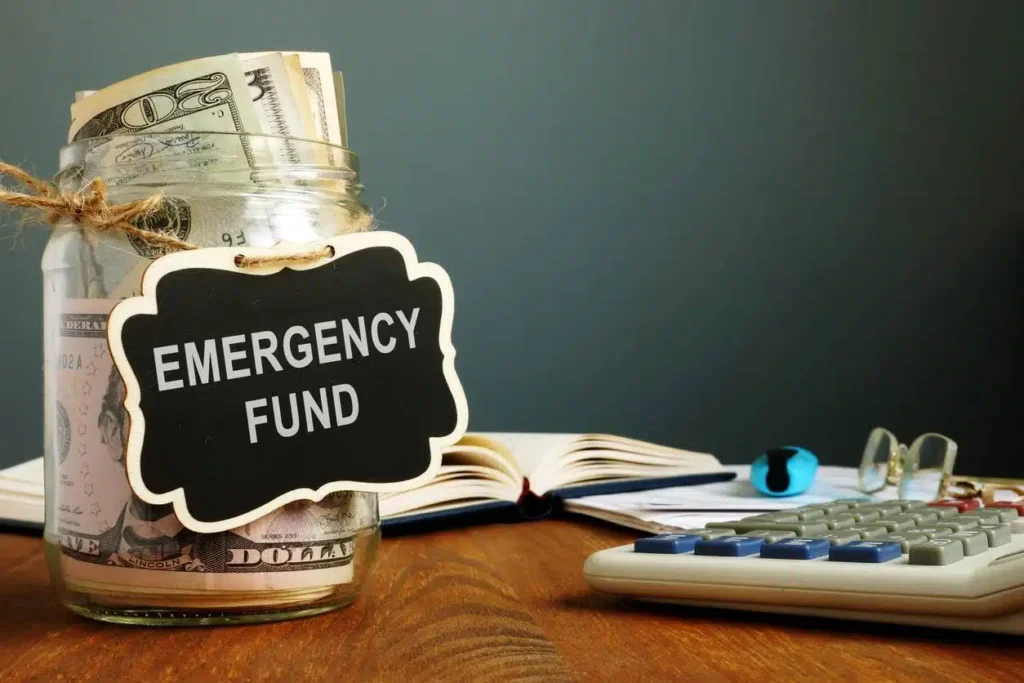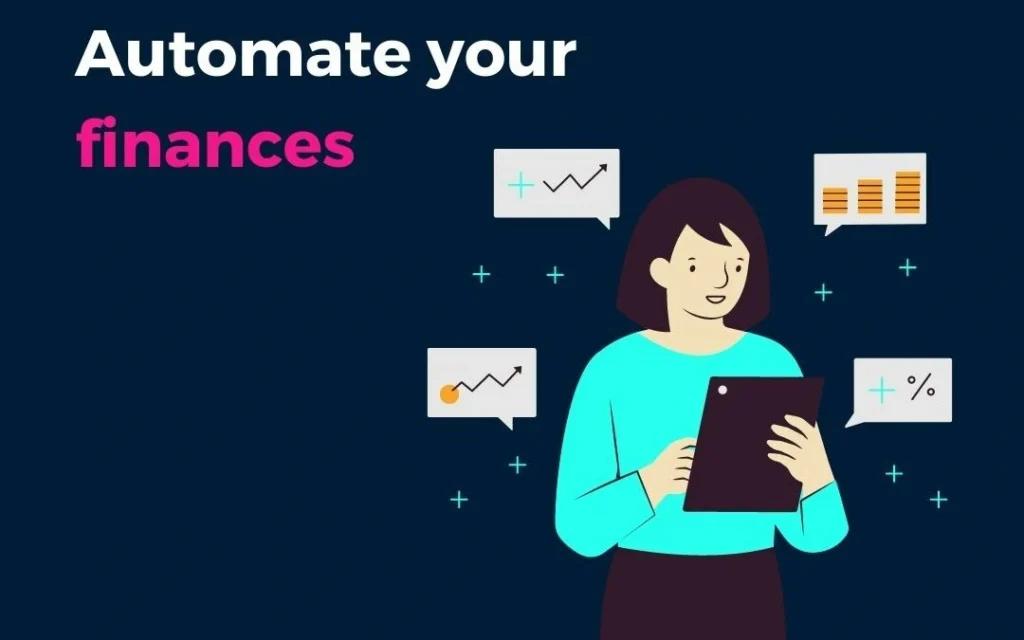Managing your money effectively is one of the most important life skills, yet many people struggle with it. Whether you’re saving for a big purchase, trying to pay off debt, or just looking to be more financially responsible, budgeting is the key to financial success.
A well-planned budget helps you track your income, control your expenses, and make smarter financial decisions. The good news? Budgeting doesn’t have to be complicated! In this beginner’s guide, we’ll walk you through simple steps to take control of your finances like a pro.
1. Understand Why Budgeting Matters 💰
Before diving into the numbers, it’s essential to understand why budgeting is important.
🔹 Avoid Debt – Helps prevent overspending and reliance on credit cards.
🔹 Achieve Financial Goals – Whether it’s saving for a car, house, or vacation, budgeting keeps you on track.
🔹 Reduce Stress – Knowing where your money goes gives you peace of mind.
🔹 Build Wealth – Proper money management allows you to save and invest wisely.
✅ Pro Tip: A budget isn’t about restricting yourself—it’s about empowering yourself to make better financial choices.
2. Calculate Your Income 📝

To create a budget, start by determining how much money you make every month.
🔹 Include: Salary (after taxes), side hustle earnings, freelance work, rental income, etc.
🔹 Exclude: One-time bonuses or gifts (unless you plan to rely on them regularly).
✅ Pro Tip: If you have inconsistent income, use your average monthly earnings over the past six months as a reference.
3. Track Your Expenses 📊
Before setting spending limits, analyze where your money is currently going.
🔹 Fixed Expenses – Rent, mortgage, insurance, subscriptions, car payments, student loans.
🔹 Variable Expenses – Groceries, gas, dining out, entertainment, shopping.
🔹 Discretionary Expenses – Gym memberships, streaming services, vacations, hobbies.
How to Track Expenses:
✅ Use apps like Mint, YNAB, or EveryDollar.
✅ Review your bank statements & receipts.
✅ Write down daily expenses in a notebook.
4. Choose a Budgeting Method That Works for You 📈

There’s no one-size-fits-all approach to budgeting. Here are three popular methods:
📌 50/30/20 Rule (Best for Beginners)
- 50% Needs: Rent, bills, groceries, insurance.
- 30% Wants: Dining out, entertainment, hobbies.
- 20% Savings/Debt: Emergency fund, investments, debt payments.
📌 Zero-Based Budgeting (Best for Detail-Oriented Planners)
- Every dollar is assigned a purpose (income minus expenses = zero).
- Helps with strict money management.
📌 Envelope System (Best for Cash Spenders)
- Use physical envelopes for different spending categories (groceries, dining, shopping).
- Once an envelope is empty, no more spending in that category.
✅ Pro Tip: Pick a system that matches your personality and spending habits.
5. Cut Unnecessary Expenses & Save More 💳
Once you see where your money is going, find areas to cut back and increase savings.
🔹 Cancel unused subscriptions (gym, streaming services).
🔹 Eat out less & cook more at home.
🔹 Use coupons & cashback apps for groceries and shopping.
🔹 Negotiate bills – Call service providers for discounts.
🔹 Buy in bulk for essentials to save in the long run.
✅ Pro Tip: Small savings add up over time. Cutting just $5/day on coffee = $1,825 saved per year!
6. Build an Emergency Fund 🚨

Life is unpredictable—unexpected expenses like medical bills, car repairs, or job loss can throw you off track.
🔹 Aim for 3-6 months’ worth of expenses in an emergency fund.
🔹 Keep it separate from your regular savings (use a high-yield savings account).
🔹 Start small—saving $20 per week adds up to over $1,000 in a year.
✅ Pro Tip: Treat your emergency fund as a non-negotiable expense.
7. Pay Off Debt Strategically 💳
Debt can hold you back from financial freedom. Here are two popular debt repayment strategies:
📌 Snowball Method (Best for Motivation) 🎯
- Pay off smallest debts first while making minimum payments on others.
- Gives a psychological boost as debts disappear quickly.
📌 Avalanche Method (Best for Saving Money) 📉
- Pay off high-interest debts first (like credit cards).
- Saves more money in the long run.
✅ Pro Tip: Choose the method that keeps you motivated to stay debt-free!
8. Automate Your Finances for Success ⚙️

Automating your budget saves time and prevents missed payments.
🔹 Set up auto-pay for bills to avoid late fees.
🔹 Automatically transfer savings to a separate account every payday.
🔹 Use budgeting apps to track spending in real-time.
✅ Pro Tip: Treat savings like a fixed expense—pay yourself first!
9. Review & Adjust Your Budget Monthly 🔄
Your financial situation may change, so review your budget at least once a month.
🔹 Check if you overspent in any category.
🔹 Adjust spending based on new financial goals.
🔹 Increase savings as income grows.
✅ Pro Tip: Budgeting is a flexible process—tweak it until it works for you!
Final Thoughts: Take Control of Your Finances Today! 🚀
Budgeting isn’t about restricting yourself—it’s about giving yourself financial freedom. By tracking your income, controlling expenses, and prioritizing savings, you’ll achieve financial stability and peace of mind.
💡 Which budgeting method works best for you? Let us know in the comments!


